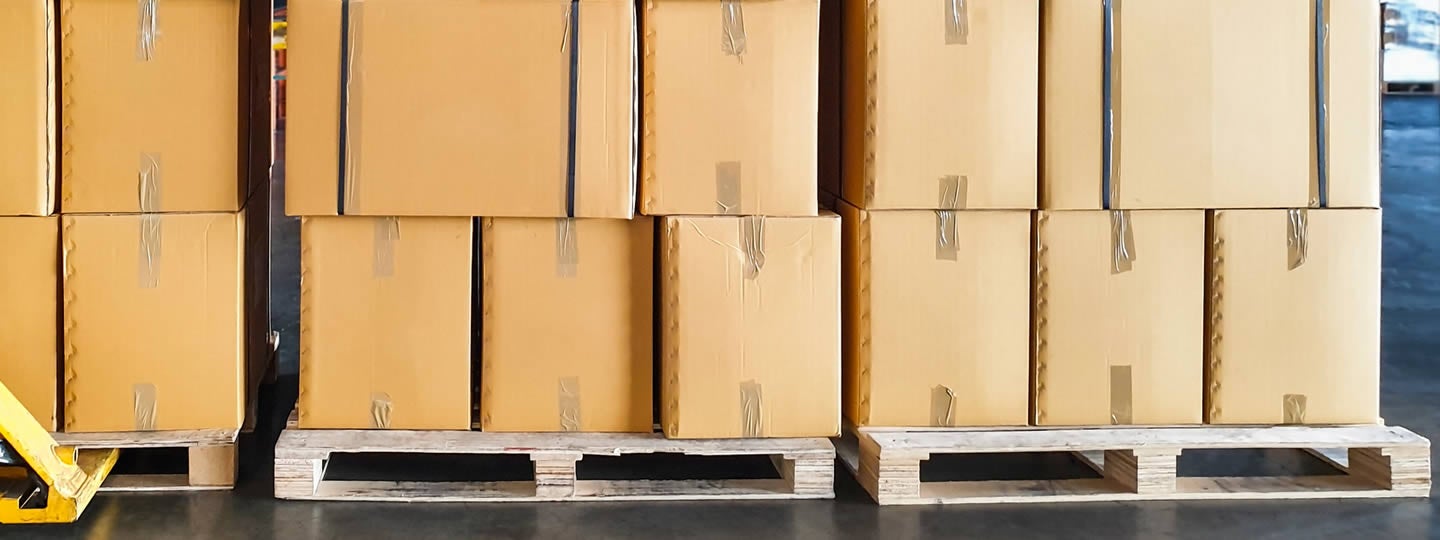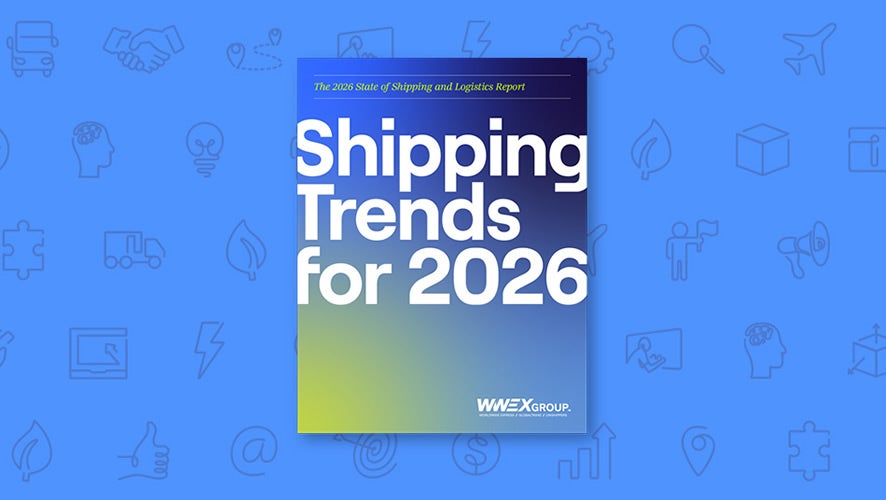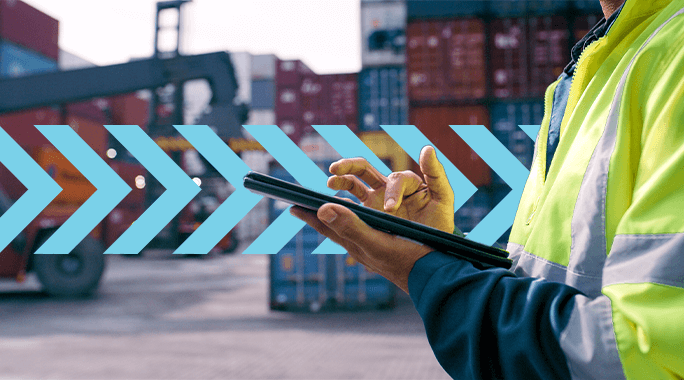BLOG POST
Scale from Parcel to LTL Freight in Times of Business Growth

Reading Time: 3 minutes
Parcel or less than truckload (LTL) freight - when does it make sense to use one shipping method over the other?
Your decision doesn't have to be set in stone. In fact, fluctuating between the two based on business volume and shipping needs can benefit your bottom line. When orders increase, you can save money by bundling multiple packages together and shipping them on a freight pallet. When sales are moderate, shipping single packages makes economic sense.
Three ways to evaluate each shipment - LTL vs Parcel Shipping
So, how do you know when to scale your shipping from parcel to LTL freight - or vice versa? Use this guide to decide what's best for your business.
Package Weight
Both options have standardized weight limits.
- Parcel: Use for shipments weighing 150 lbs. or less that are of a standard size and shape. Parcel shipping is often the choice for shipping individual packages to customers.
- LTL freight: Shipments weighing more than 150 lbs. should generally be shipped via freight. This can be a single-item shipment or a multi-package shipment with a combined weight of more than 150 lbs. For instance, you can use LTL freight to ship a crate's worth of merchandise when business ramps up, or multiple packages on a pallet to your retail customer for holiday sales.
Package Dimensions
The size of the shipment matters, as well.
- Parcel: Shipments that measure up to 165 inches in length and girth combined; or are no longer than 108 inches can be shipped via parcel. But keep the weight limit in mind. Even if the package fits these dimensions, a shipment heavier than 150 lbs. should be shipped via freight. In short, the driver must be able to handle the shipment's weight and bulk.
- LTL freight: Shipments can be one large item or many items that are bound together on a pallet to prevent damage. Use LTL freight shipping for bulky, irregularly shaped or large shipments that exceed the parcel's maximum dimensions. In fact, using LTL for such items can save you from paying parcel fees charged for shipping irregularly shaped items.
Fragile package vulnerability
Fewer stops mean less handling.
- Parcel: Because your package shares cargo space with other packages, it sits on the truck longer as other shipments are delivered - and every stop increases how often it's handled. Plus, since it's loosely stored in the truck, it's more prone to loss or damage. On the other hand, multiple stops make tracking a package easier since the shipment is accounted for at each location.
- LTL freight: While LTL shipments also share cargo space, large and bulky items take up more space, meaning fewer stops before your delivery is made. An added benefit: Fewer stops means each shipment is handled less - in comparison to packages - which reduces the chance of lost or damaged goods.
Scale Up To LTL Freight For Better Performance
Adjusting your shipping to match your business trends is like responding to a fluctuating stock market - you want to make the most of your money. Here are a couple examples showing when it makes sense to switch from parcel to LTL freight:
- Increase in sales. You can scale your shipping up or down based on business volume. As orders increase over the holidays, bundle your goods into palletized crates and use LTL freight shipping. Your product will arrive in a single shipment rather than multiple packages. When demand slows, select parcel shipping for the smaller quantities.
- Consolidate orders. As far as internal needs, a simple shift in when you place an inventory or supplies order could increase the volume of an inbound shipment and help you save on shipping costs. Instead of paying for multiple parcel shipments, you can consolidate your orders, so they're delivered by a single LTL freight shipment.
Finding the right freight carrier
Once you've determined whether LTL is the better choice for your shipment, it's important to find a carrier that can accommodate your needs. Its fleet and technology should easily support shipment flexibility, and its prices should make scaling worth the effort.
Learn more about the five steps you can take to choose the right shipping carrier.
Get the shipping solutions to help move your business ahead
At Worldwide Express our team of consultants will guide you on making smart decisions for both parcel and freight shipping solutions. With 75+ LTL freight carriers in our network and as part of the largest non-retail Authorized Reseller of UPS ground and express shipping services, you have access to some of the best carriers in the industry.
Ready to get started? Schedule a custom shipping consultation today and get fitted with LTL and parcel solutions that are tailored to your growing business.





